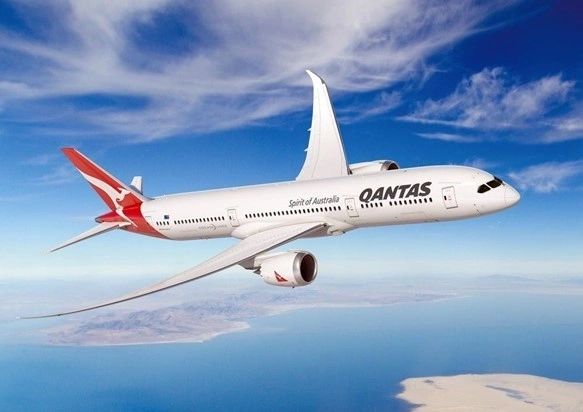
Photo credit: Qantas
Qantas expects more than four million passengers on Qantas and Jetstar routes over the winter holidays; therefore, the airline has announced that domestic capacity has returned to pre-pandemic levels and international capacity is “climbing towards” that level.
According to Qantas, the airline is on track to meet or surpass its FY23 profit forecast of more than $2.4 billion as capacity returns to levels seen before the pandemic.
The airline said the Gold Coast and Cairns were the most popular domestic destinations, while the new international routes between Sydney and Auckland, New York, and Perth and Rome were popular.
Travel demand is still relatively high, and statistics show that customers are still spending more money on travel than other areas.
Qantas has also announced that it has received six new aircraft since the beginning of the year as part of its ambitious fleet renewal programme. These planes include Airbus A320neo planes for Jetstar and Boeing 787 Dreamliner for Qantas.
In its most recent profit forecast for this financial year, Qantas expects tickets, fuel prices, and operational buffer expenses to all level out. Qantas also noted that the price of jet fuel is “remaining high” but decreasing. Price increases seen in the early half of the fiscal year have subsided as capacity has returned.
However, yields are “expected to remain materially above pre-COVID levels” in most regions until fiscal year 2023-24. Since more links in the aviation supply chain are operational, we can start bringing back some backup planes and pilots.
Qantas CEO Alan Joyce said that this and the falling fuel cost contributed to the decrease in airfares. The Transport Workers Union’s national secretary Michael Kaine blamed the airline’s “bleeding dry workers, passengers, and the taxpaying public” for the aggressive profit projection.
According to Kaine, several indicators of how out of control aviation has become include a $2.5 billion profit for the first full fiscal year since airfares skyrocketed, a 70% increase in complaints against Qantas, a Federal Court finding the airline liable for the largest case of illegal sackings in Australian history for a second time, and a recently announced wet-leasing arrangement, which essentially involves outsourcing and offshoring more critical jobs.
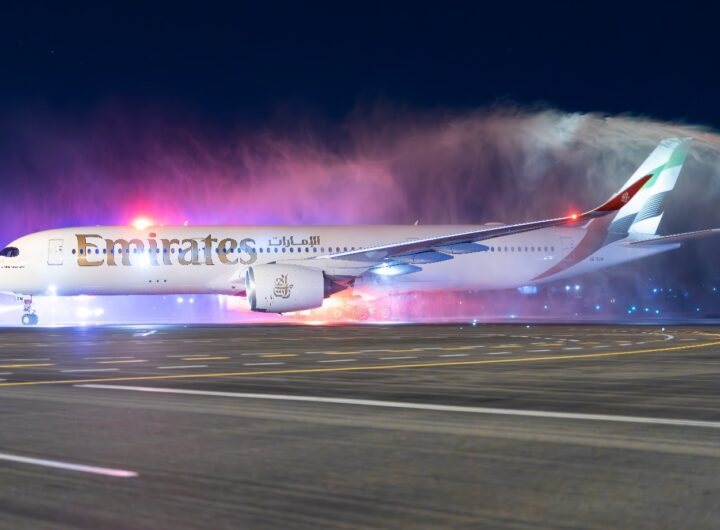 Emirates A350 Debuts in Adelaide with New Premium Economy, Boosting Connectivity and Comfort to Dubai
Emirates A350 Debuts in Adelaide with New Premium Economy, Boosting Connectivity and Comfort to Dubai  Qantas Elevates A380 First Class with New Fine Dining, Aesop Amenity Kits and Bollinger Champagne
Qantas Elevates A380 First Class with New Fine Dining, Aesop Amenity Kits and Bollinger Champagne  Qatar Airways’ New Formula 1 Livery Takes Off: Swizz Beatz–Designed Boeing 777 Tours the World After Qatar Grand Prix Debut
Qatar Airways’ New Formula 1 Livery Takes Off: Swizz Beatz–Designed Boeing 777 Tours the World After Qatar Grand Prix Debut 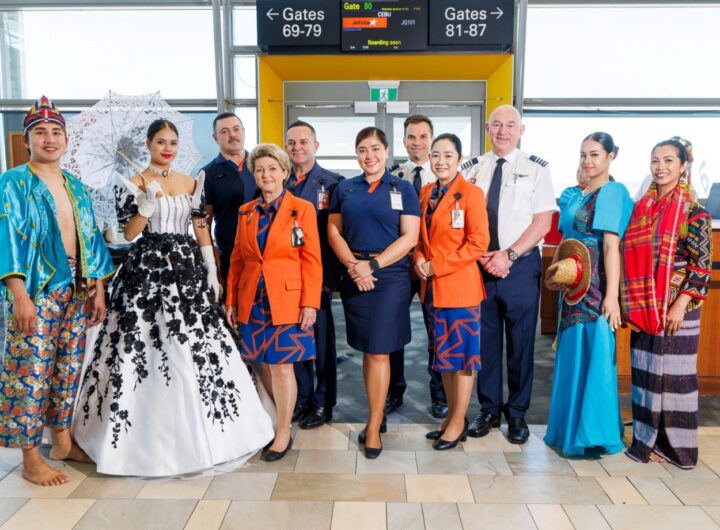 Jetstar Launches First Direct Brisbane–Cebu Flights: New Gateway from Queensland to One of the Philippines’ Most Beautiful Islands
Jetstar Launches First Direct Brisbane–Cebu Flights: New Gateway from Queensland to One of the Philippines’ Most Beautiful Islands 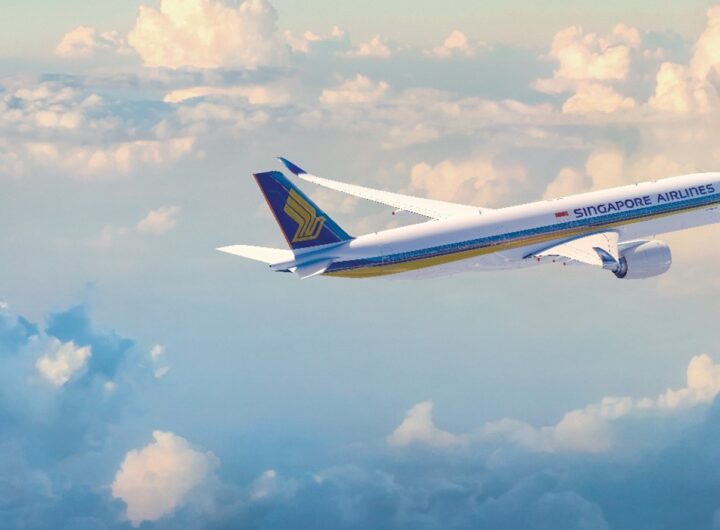 Singapore Introduces First-Ever Mandatory Sustainable Aviation Fuel Levy Starting 2026
Singapore Introduces First-Ever Mandatory Sustainable Aviation Fuel Levy Starting 2026 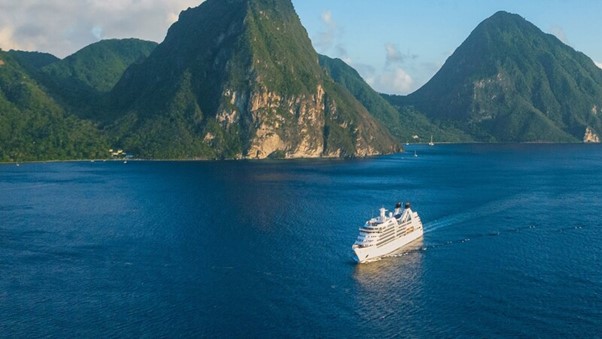 Seabourn’s ‘Explore More Event’: Save Up to 15% Plus Shipboard Credit on Ultra-Luxury Cruises
Seabourn’s ‘Explore More Event’: Save Up to 15% Plus Shipboard Credit on Ultra-Luxury Cruises  Silversea Wave Season 2026: Save Up to 40% on Luxury Cruises to All Seven Continents
Silversea Wave Season 2026: Save Up to 40% on Luxury Cruises to All Seven Continents 